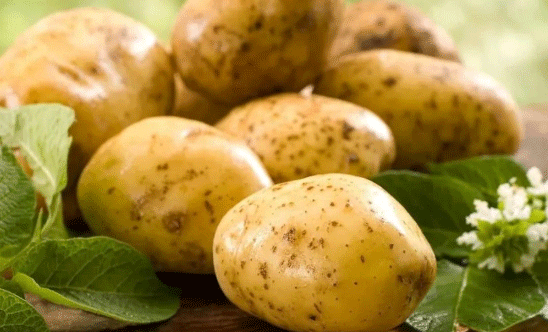Potatoes have long been a dietary staple, but recent scientific findings reveal that they hold more than just nutritional value. According to researchers, raw potato juice has significant antibacterial properties, capable of inhibiting the growth of certain pathogenic bacteria, including antibiotic-resistant strains. This groundbreaking discovery could have profound implications for both agriculture and medicine.
Natural Antioxidants and Chemical Compounds
The antibacterial properties of potatoes are attributed to their high content of natural antioxidants and specific chemical compounds. These substances not only combat harmful microorganisms but also protect the plant itself from various diseases. Laboratory studies have shown that potato extracts can reduce the growth of harmful bacteria such as Escherichia coli and Staphylococcus aureus.
Applications in Wound Healing
One of the most promising uses of potato juice is in the field of wound care. Experiments conducted on laboratory models demonstrated that applying potato extract to damaged skin significantly accelerates tissue regeneration. Unlike synthetic treatments, potato juice provides a natural and cost-effective alternative for promoting wound healing, reducing inflammation, and preventing infections.
Implications for Agricultural and Medical Practices
For farmers and agricultural engineers, this discovery opens new avenues for crop value addition. Potatoes could be cultivated not only for food but also as a source of natural antibacterial agents. Scientists working in agricultural biotechnology can explore ways to enhance these properties through selective breeding or genetic modification. In medicine, potato-based treatments could offer an alternative to antibiotics, particularly in areas where access to modern healthcare is limited.
The unexpected antibacterial properties of potatoes present exciting opportunities for innovation in agriculture, medicine, and sustainable practices. As research continues to explore these capabilities, potatoes may soon play a critical role in addressing global health challenges and enhancing the value of agricultural products.







